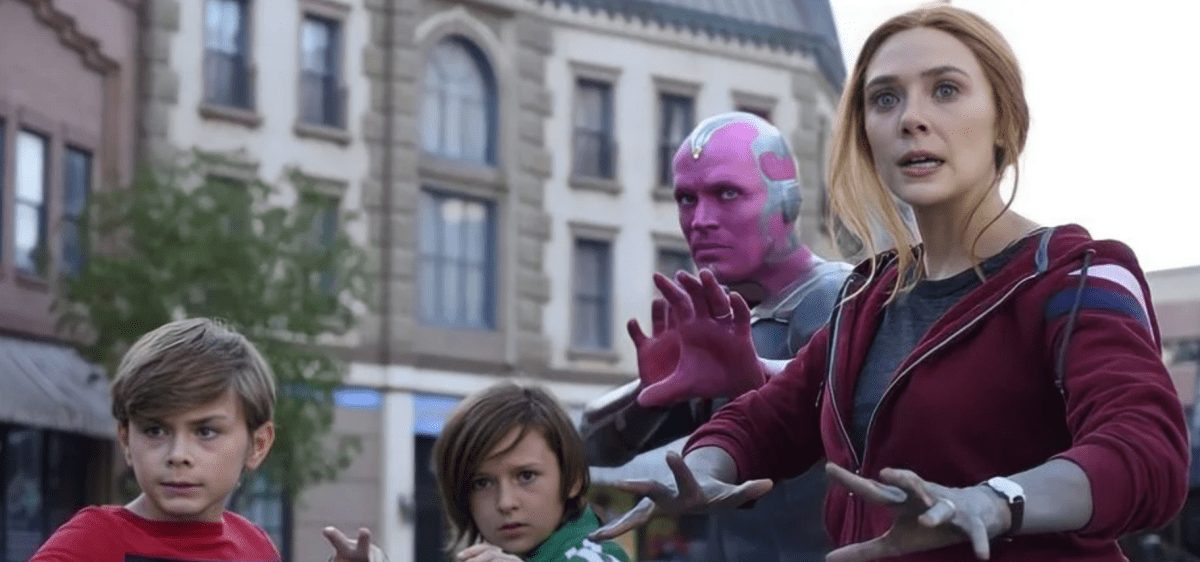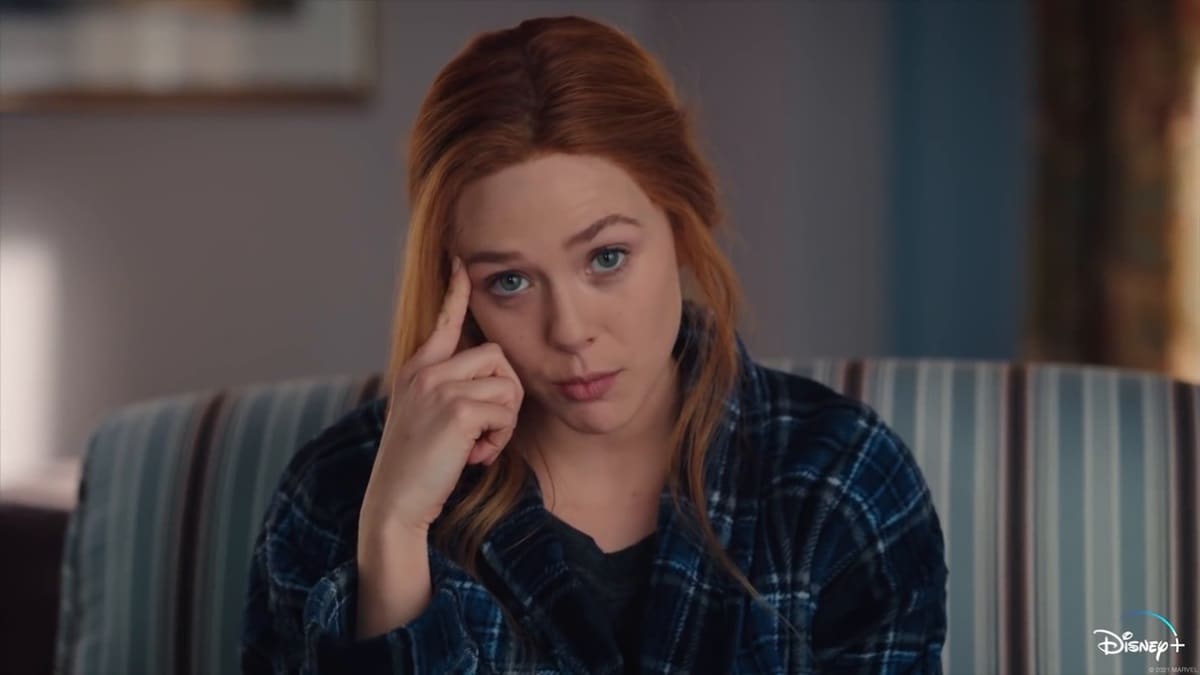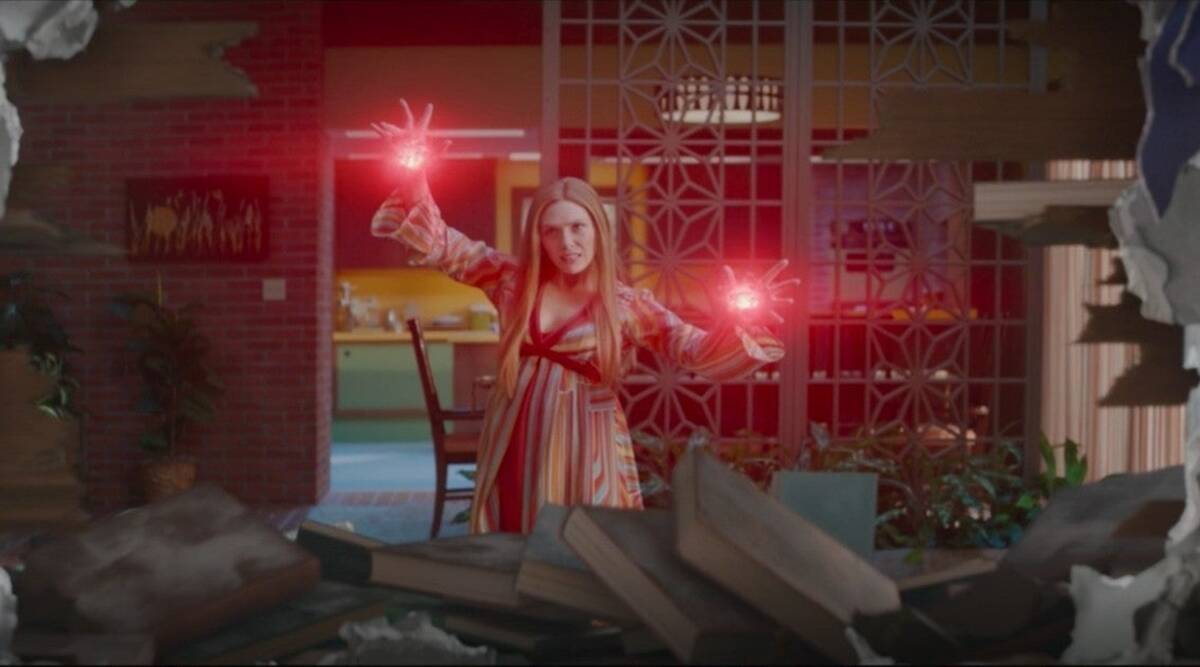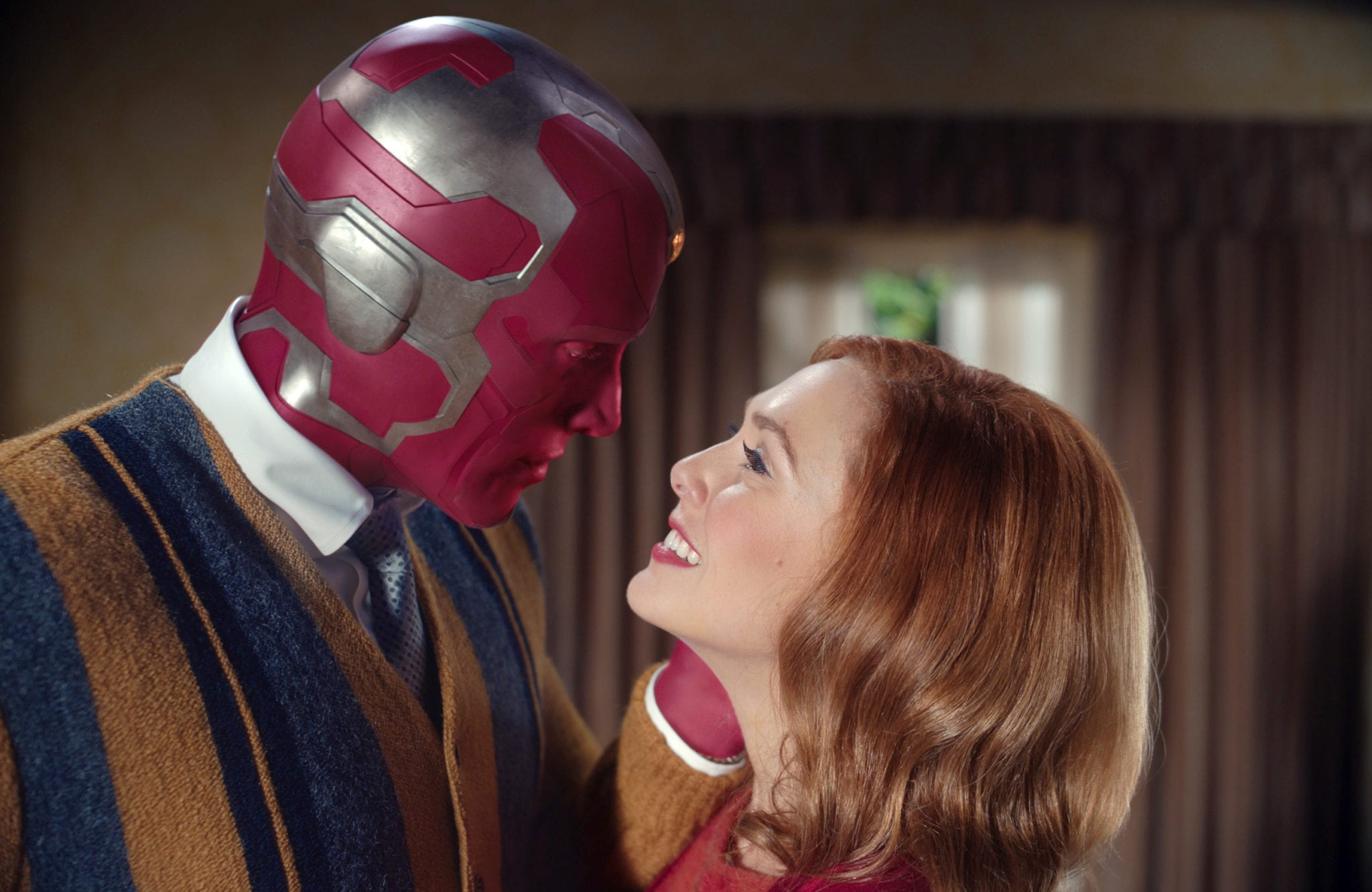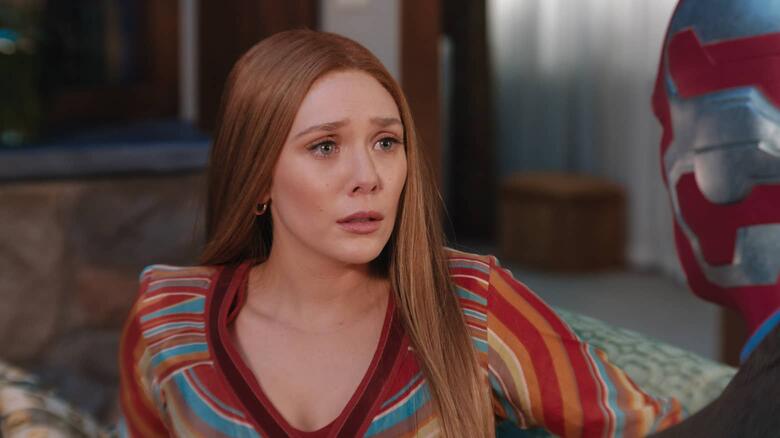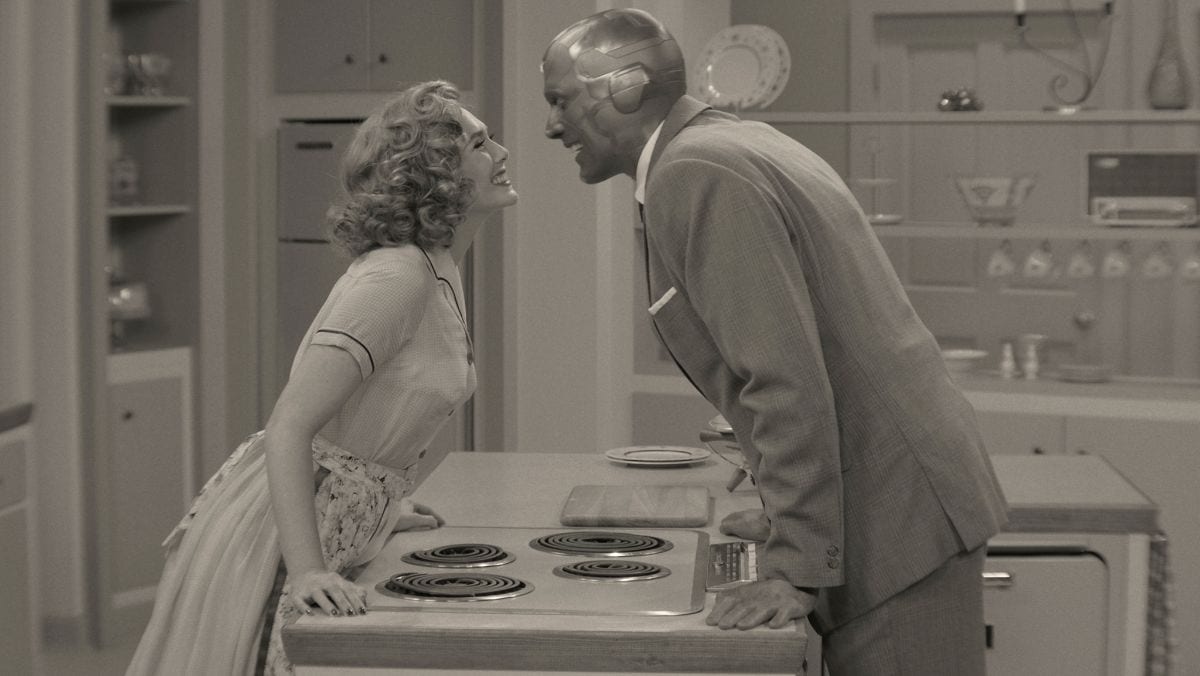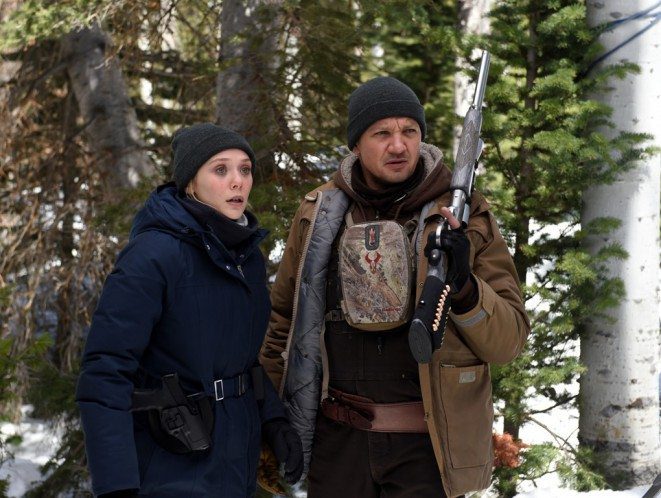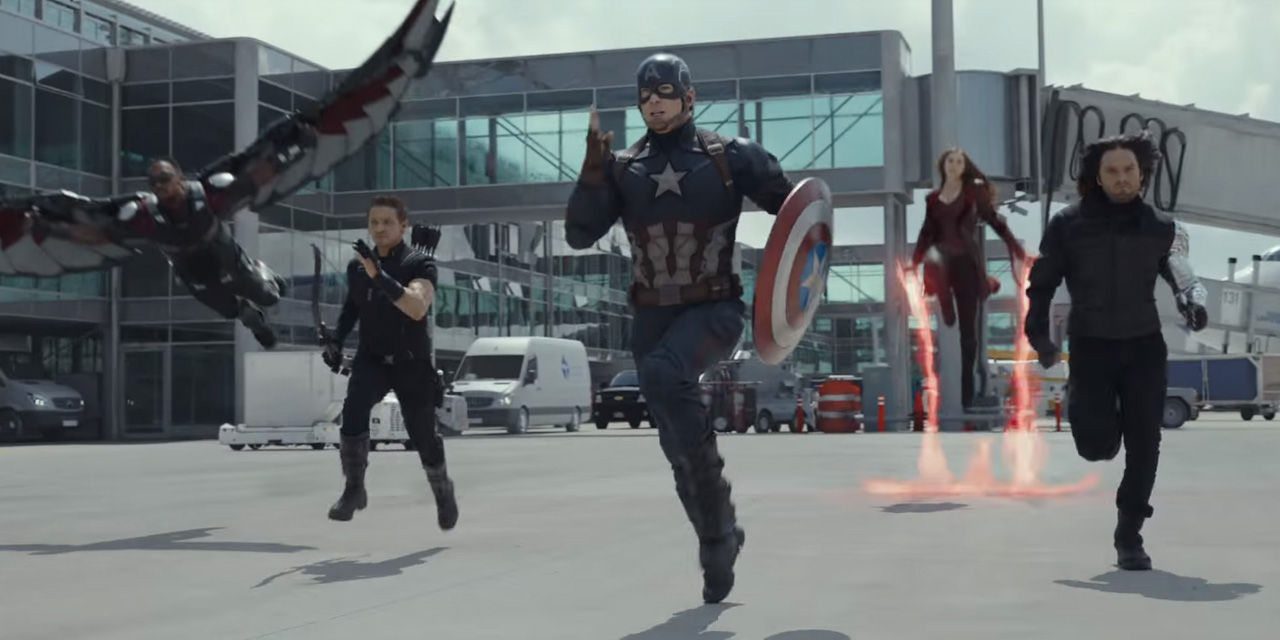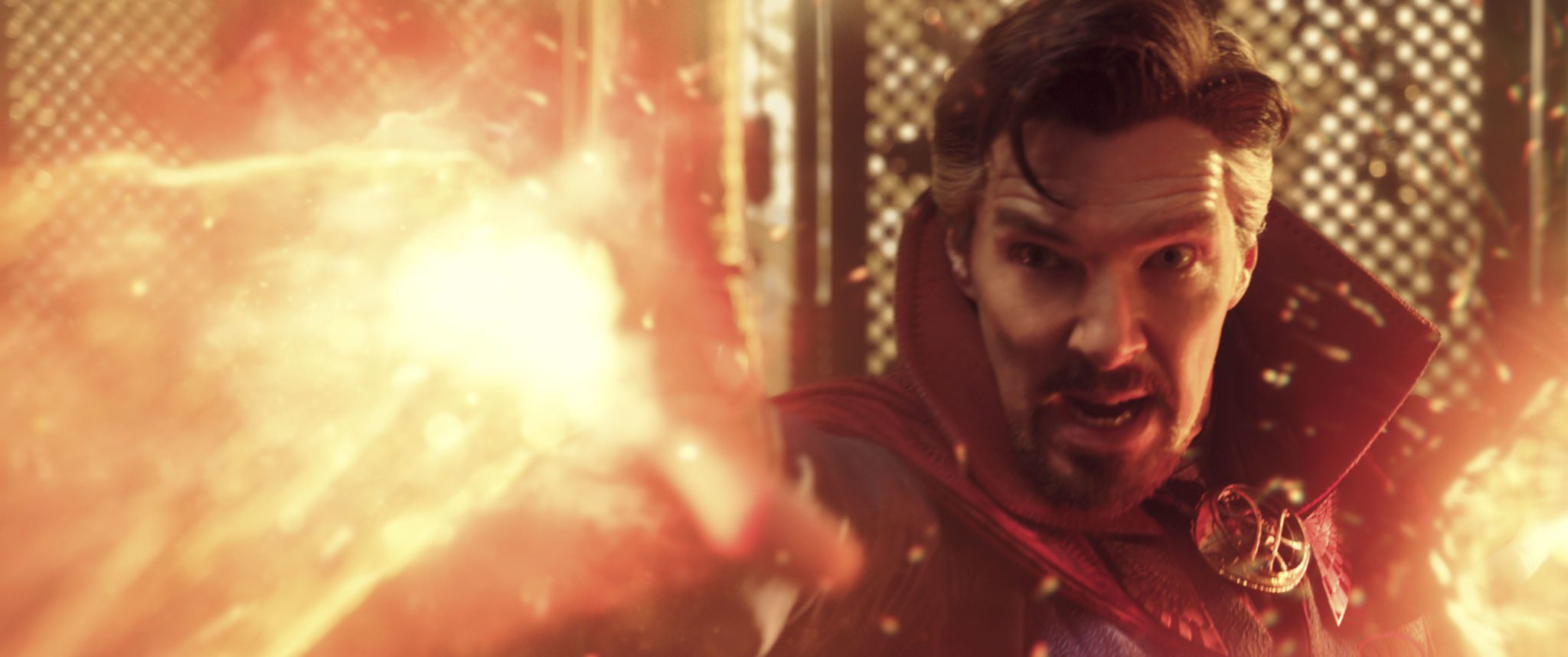
SF Radio 8.24: Bending our Minds Around DOCTOR STRANGE IN THE MULTIVERSE OF MADNESS
Directed by Sam Raimi, DOCTOR STRANGE IN THE MULTIVERSE OF MADNESS opens up the MCU in incredible (and horrifying) ways. When a new threat calls the good Doctor and his new companion, America Chavez, to jump from universe to universe, they enlist the help of Wanda Maximoff in an effort to get things under control….

